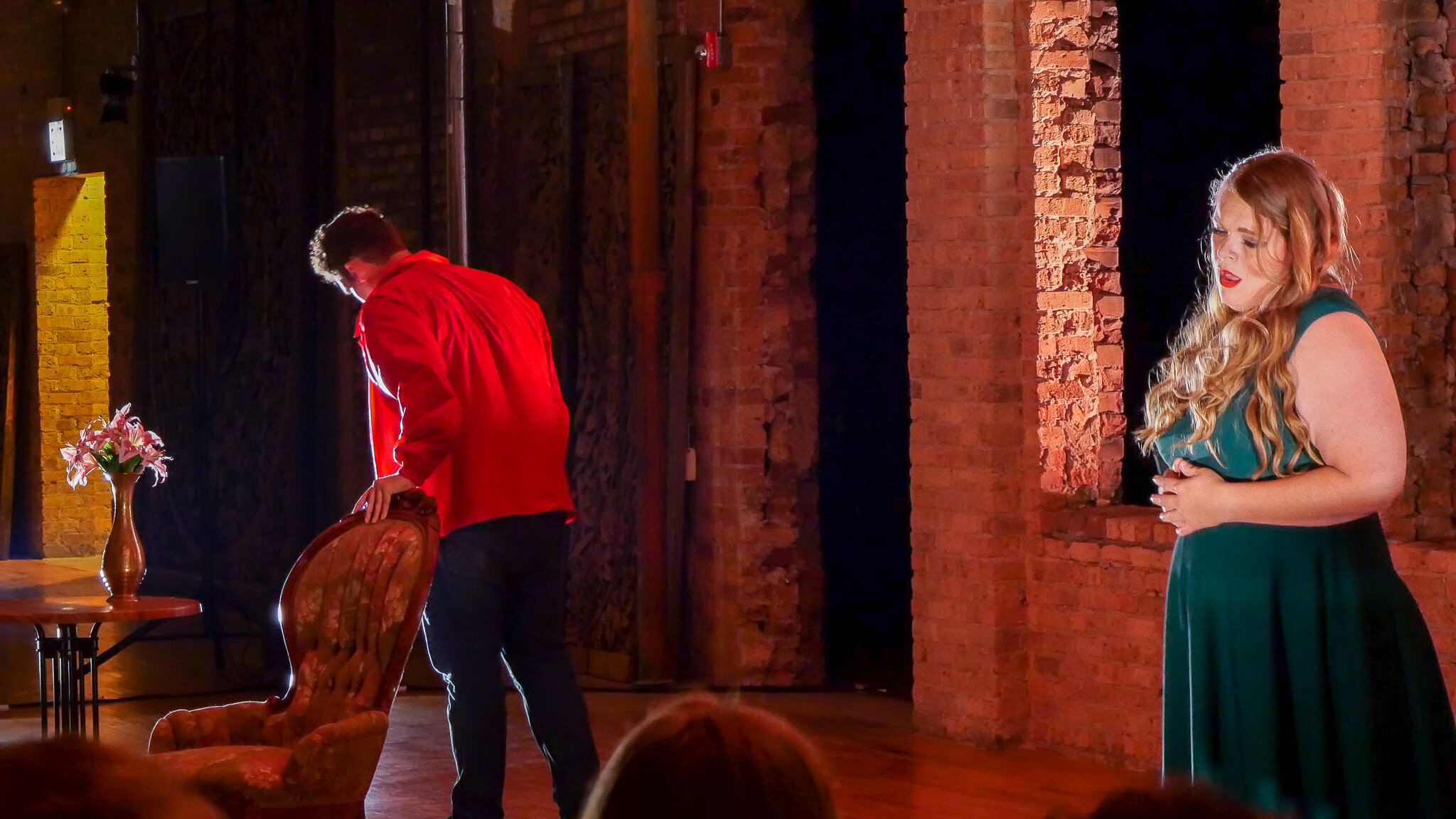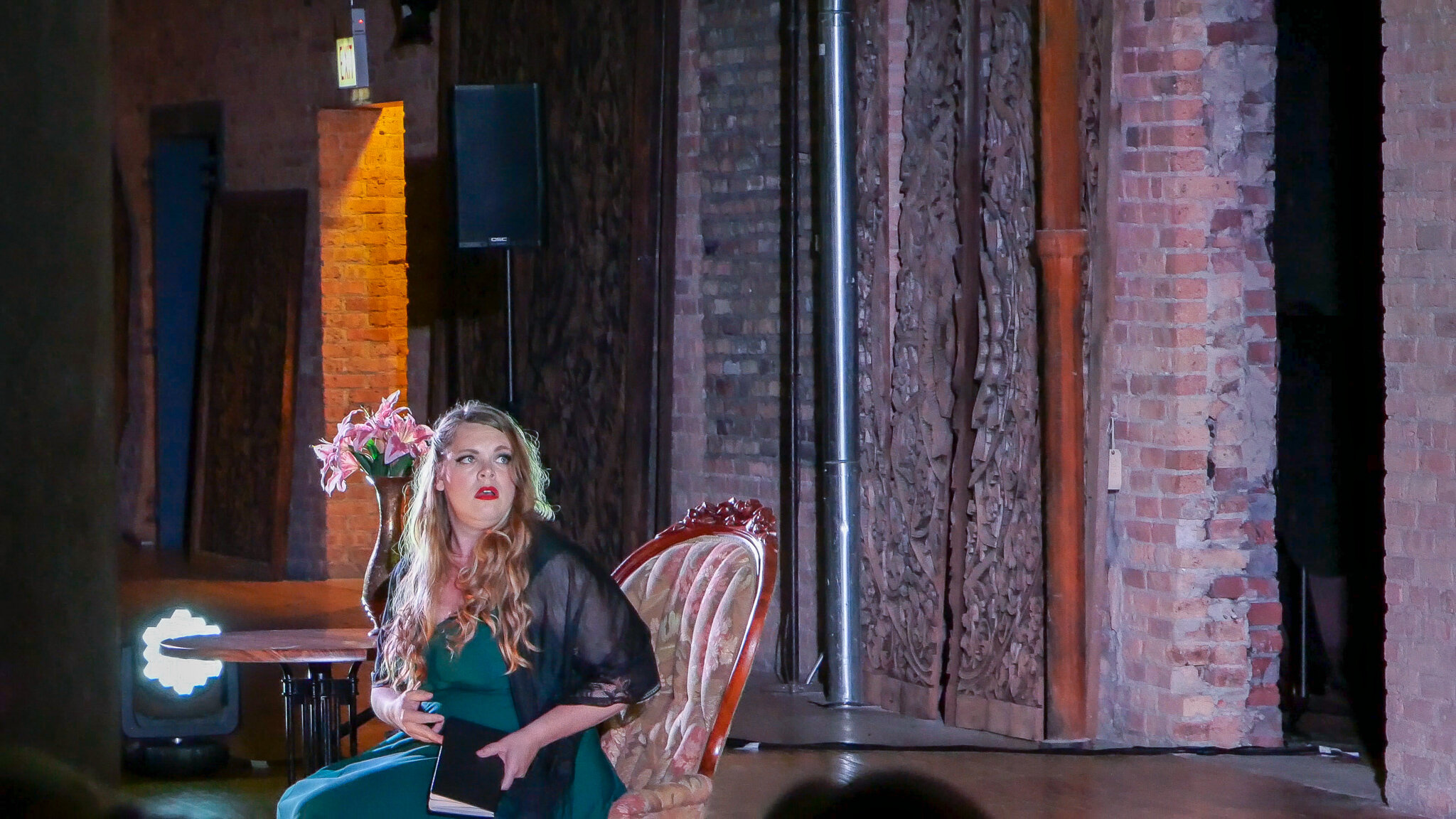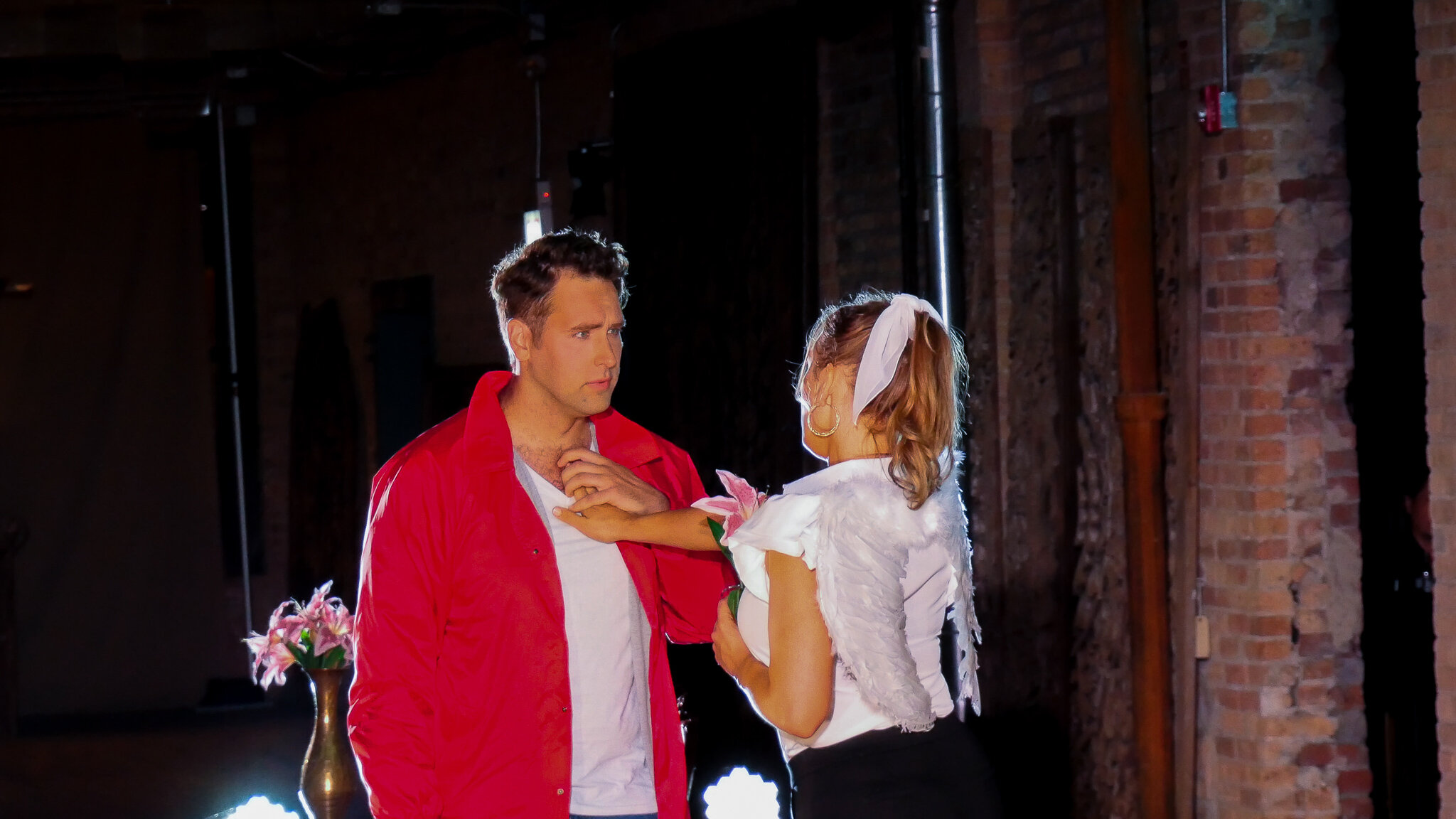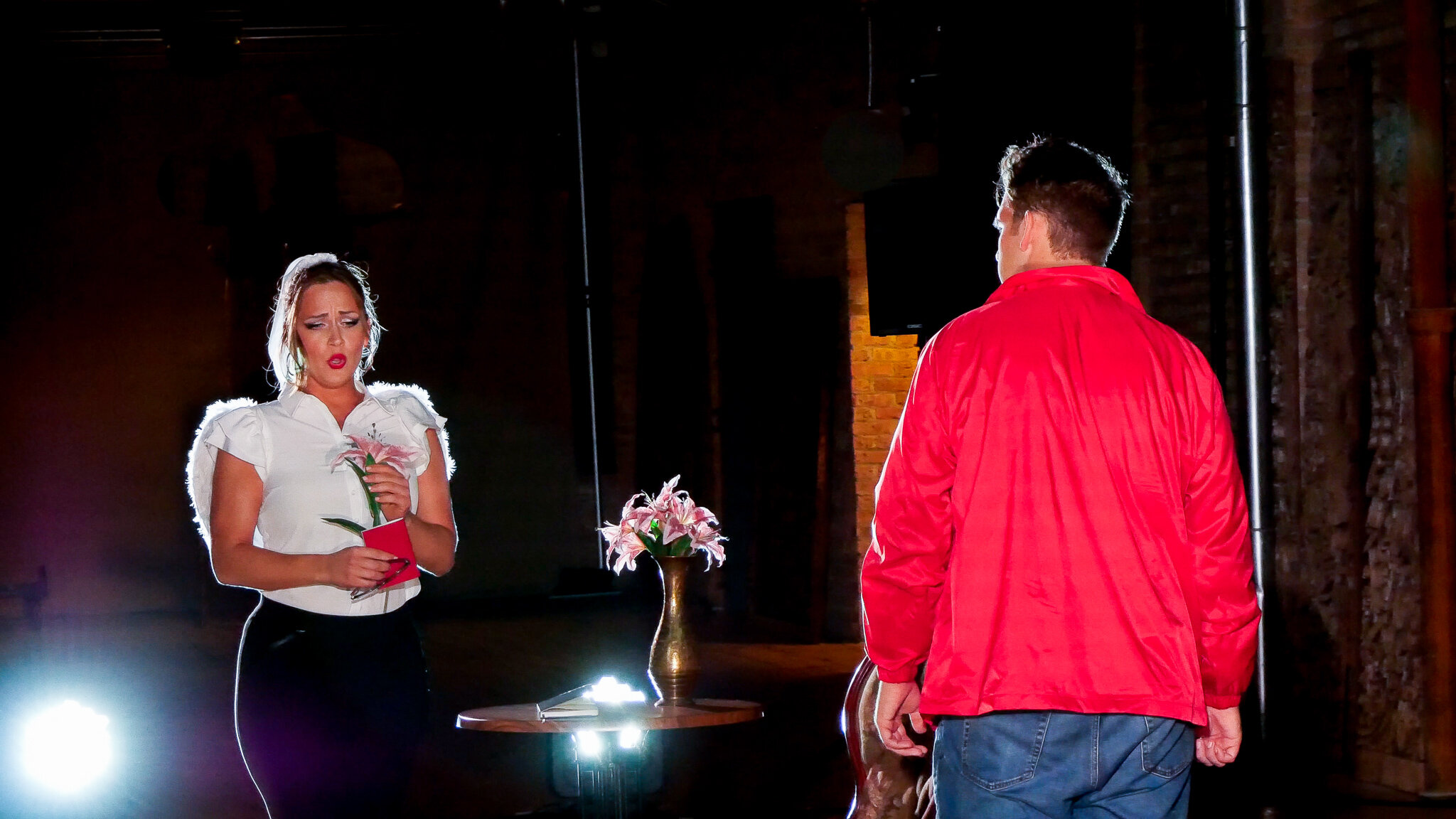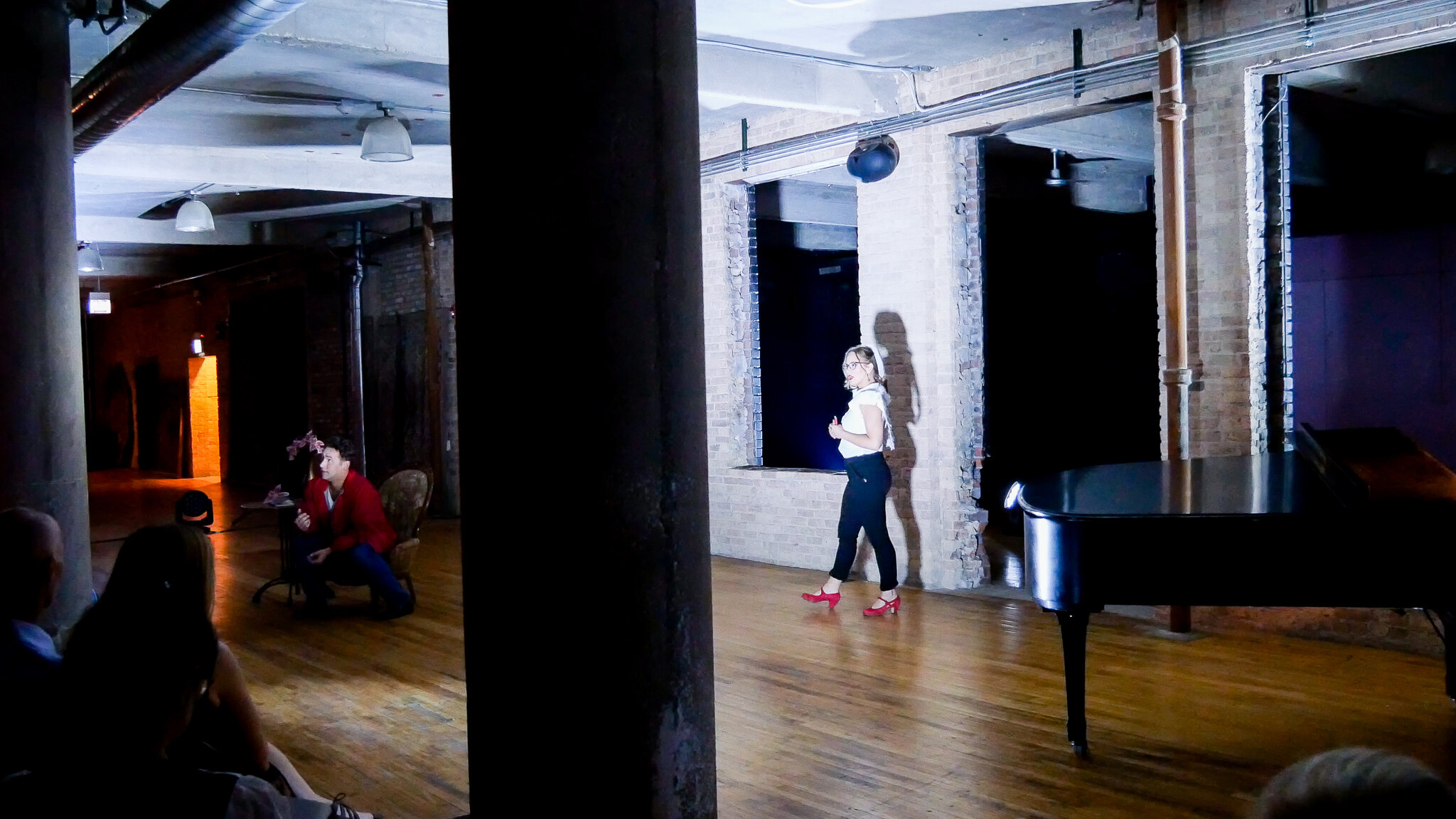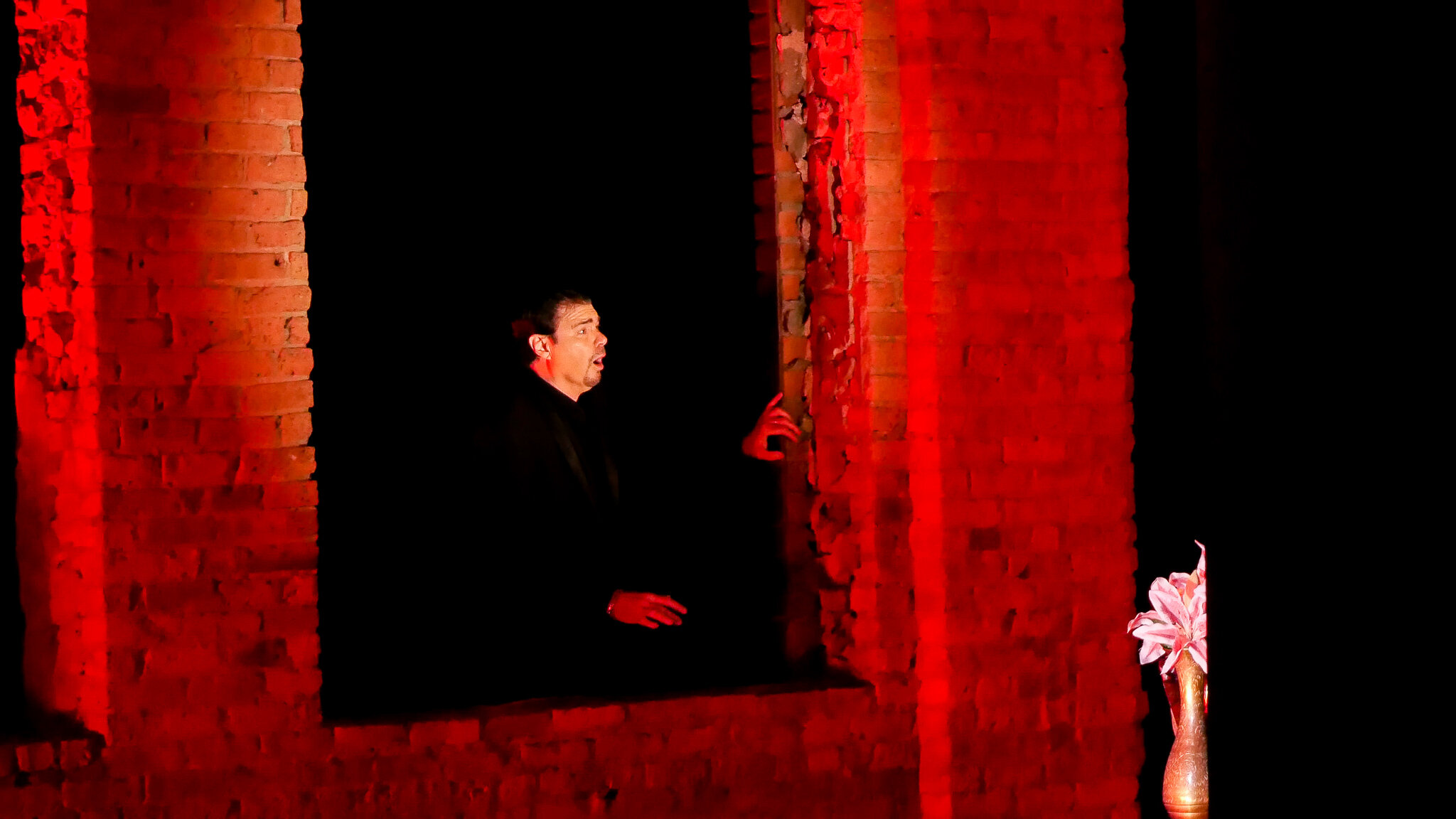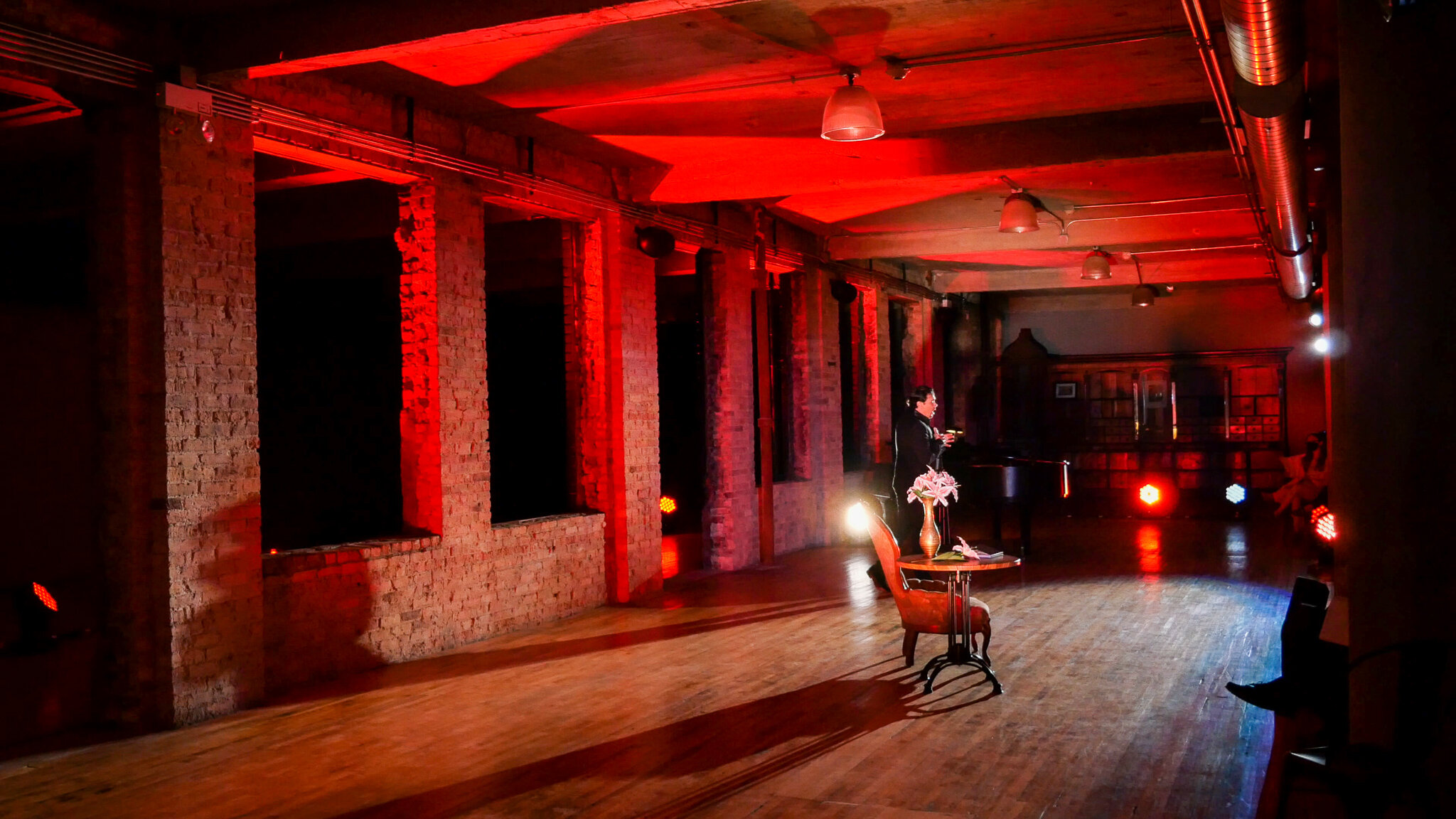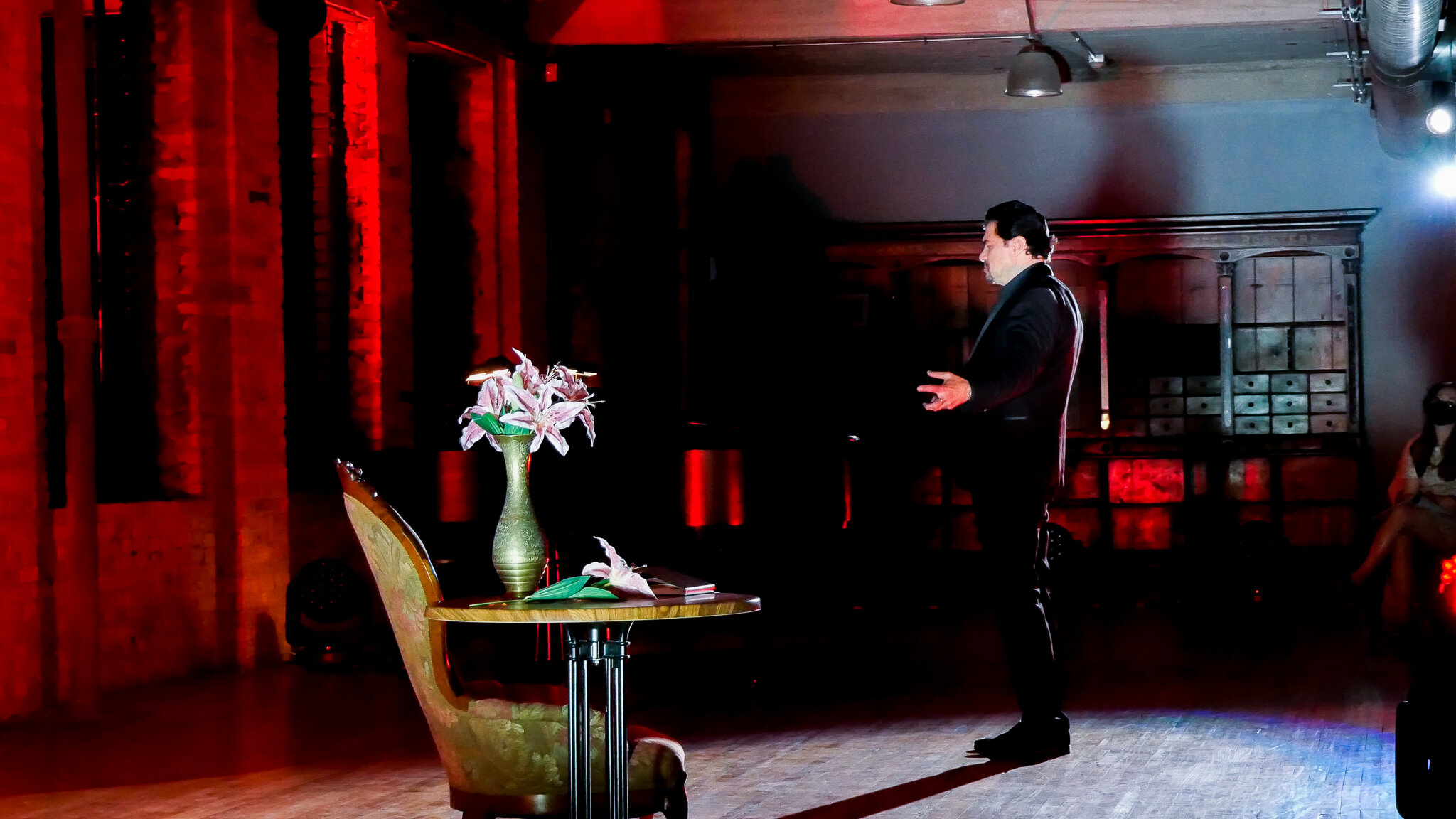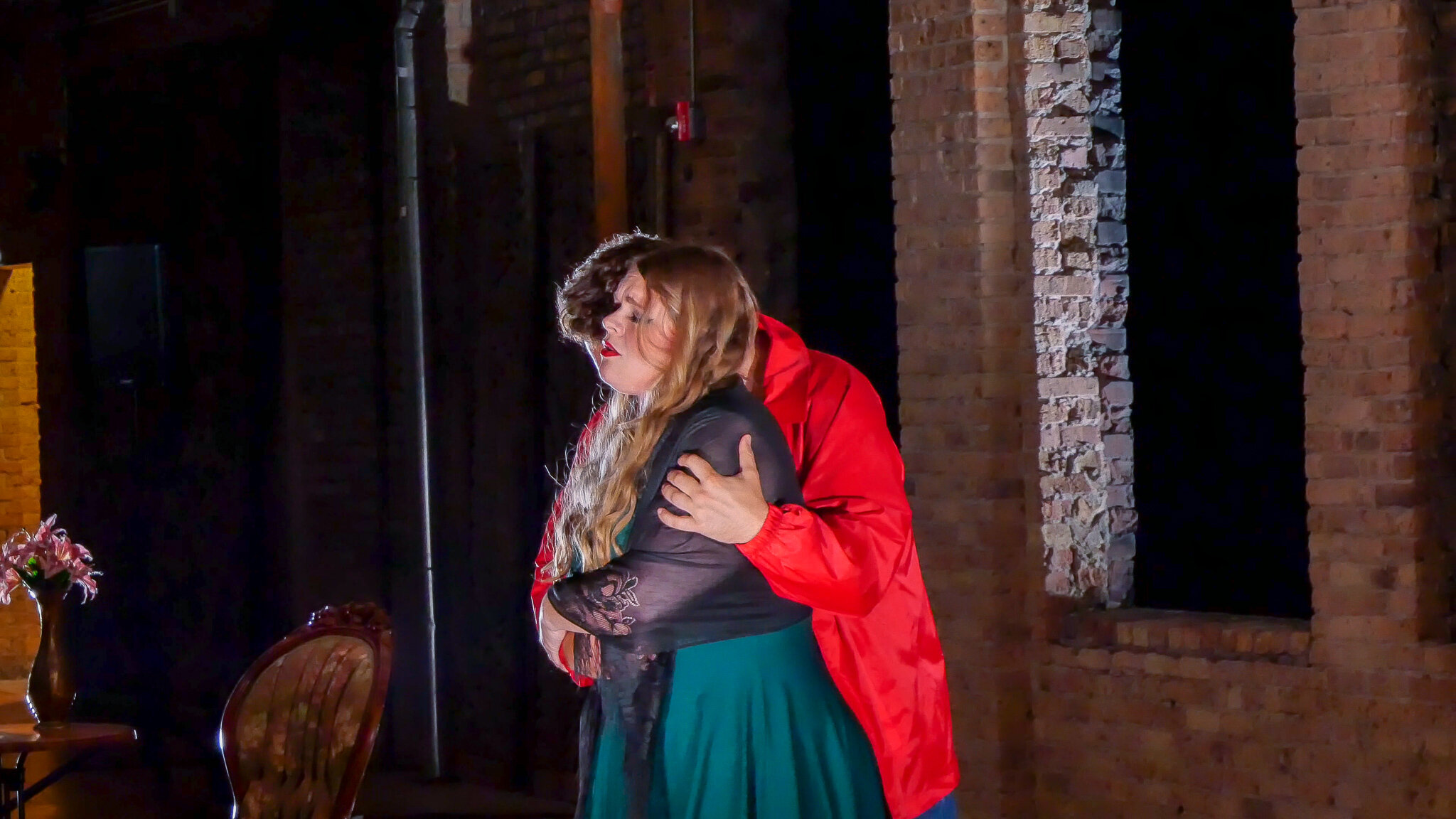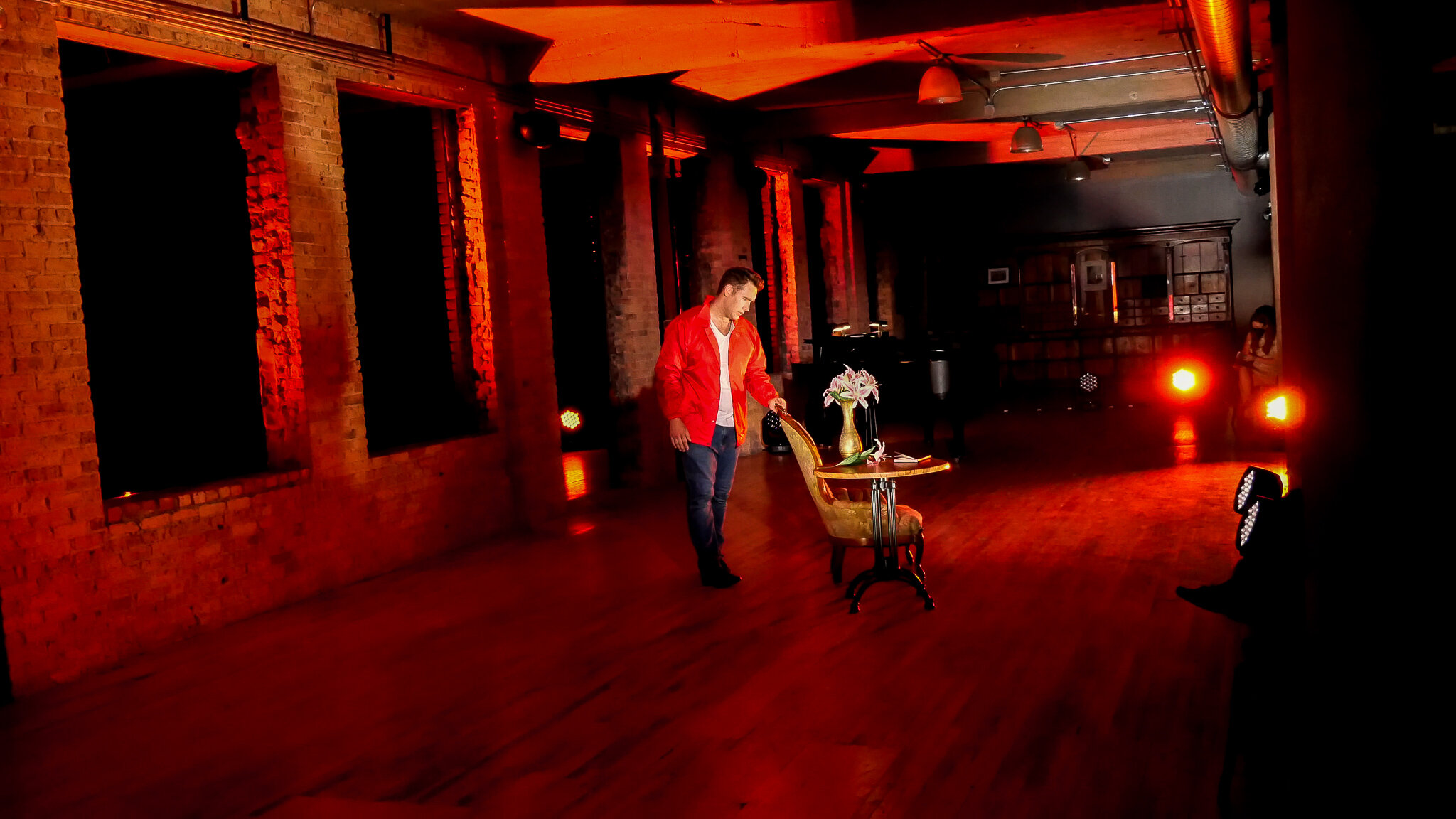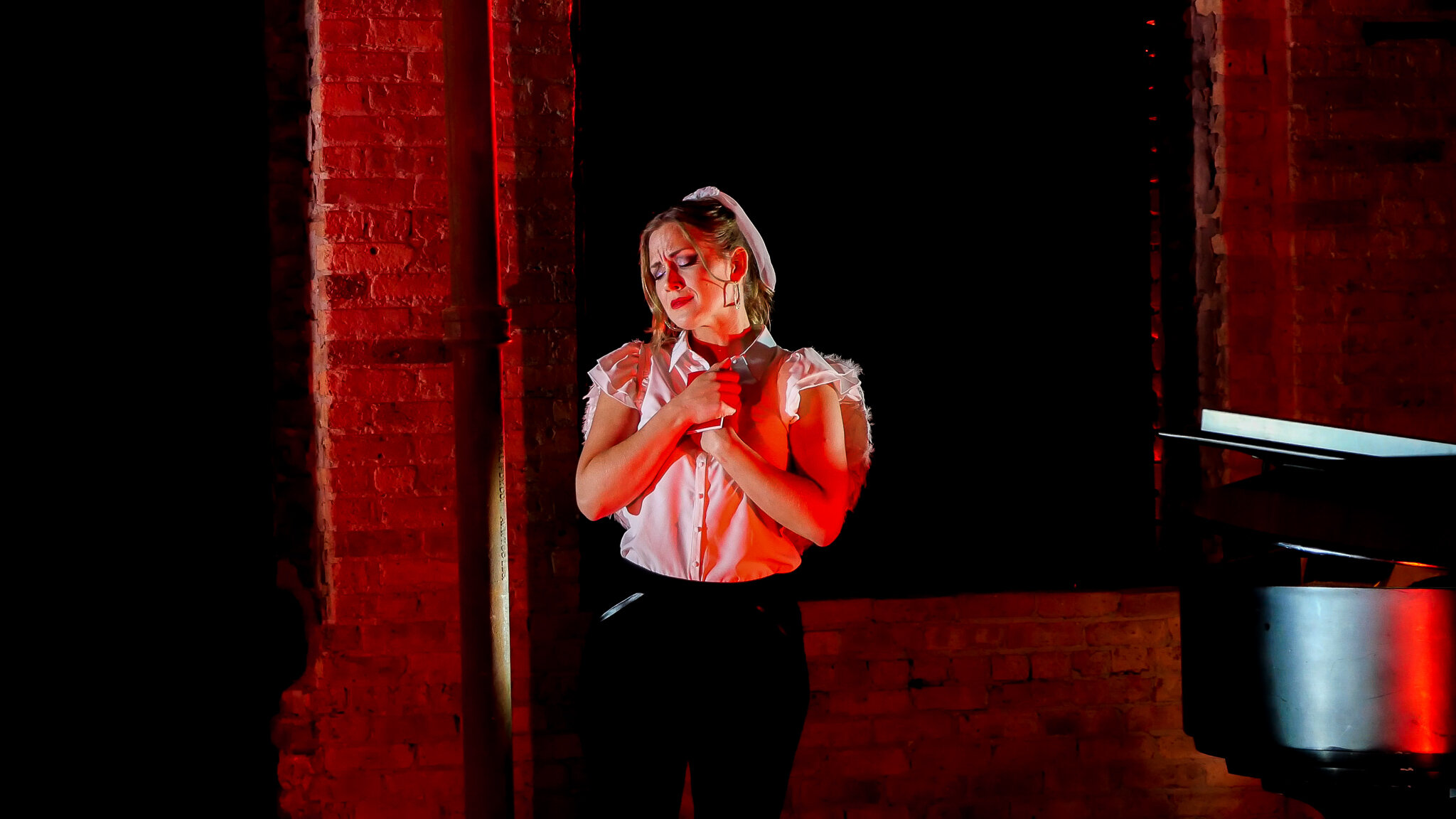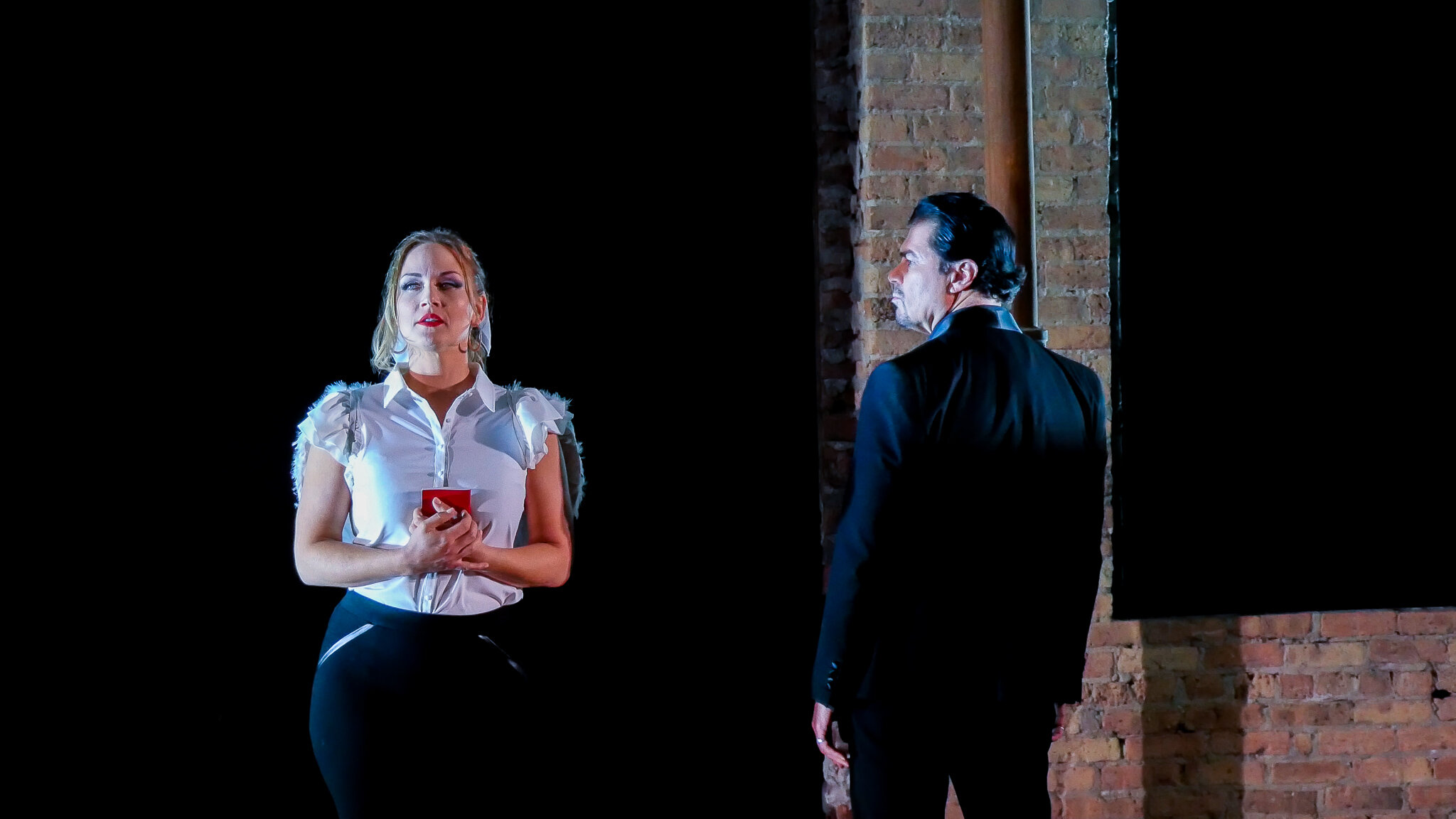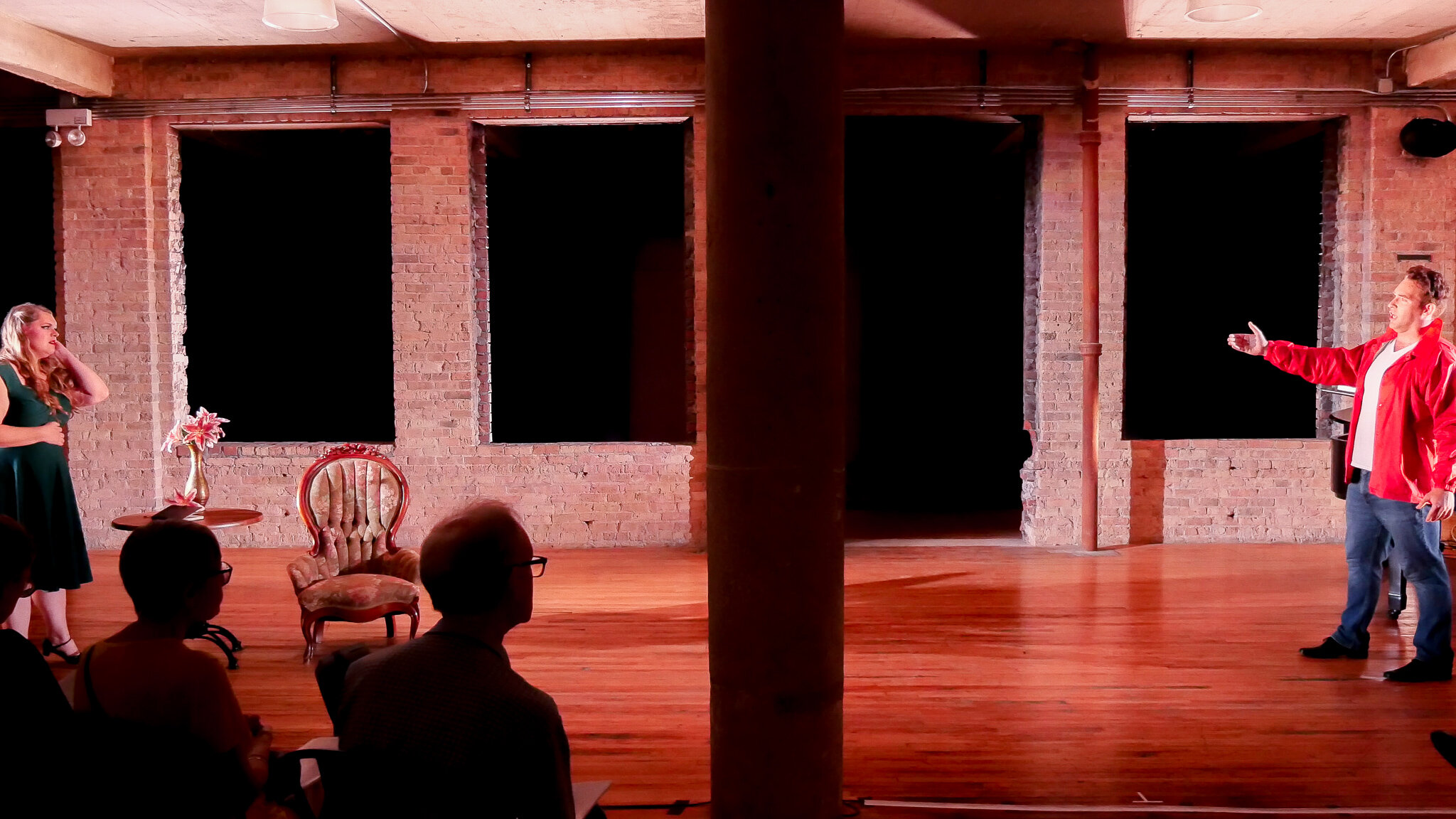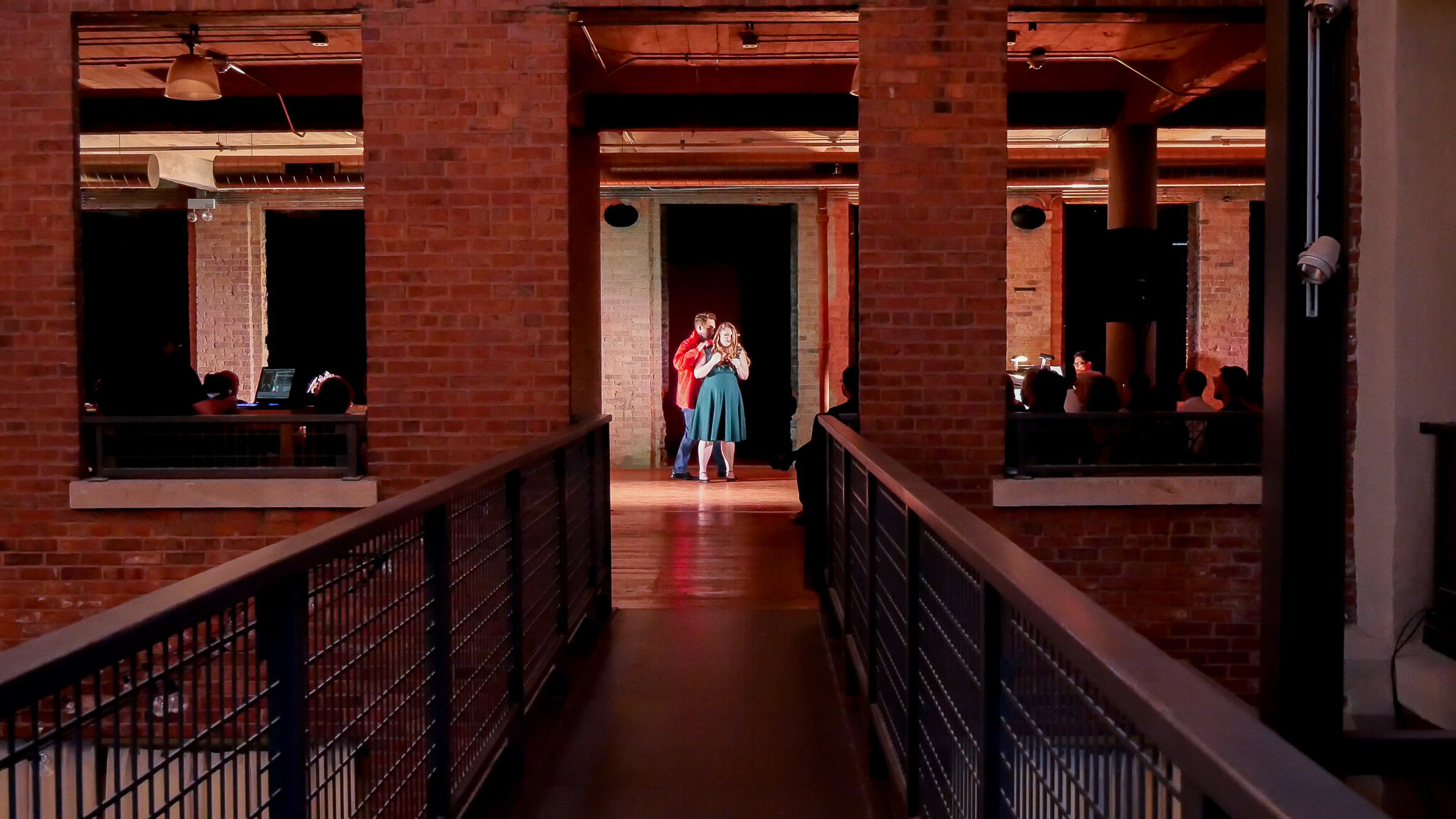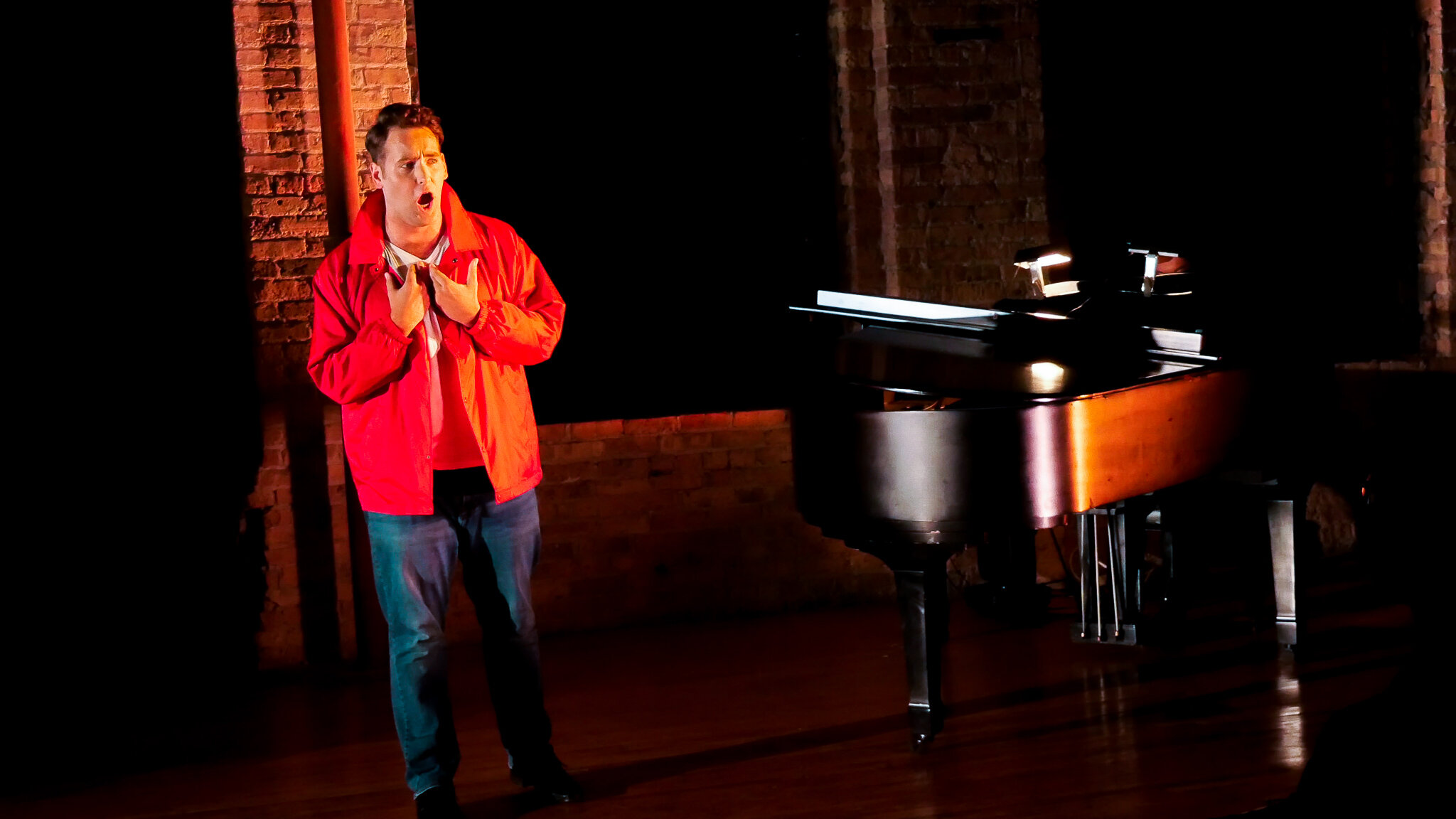Dante 700, Opera Festival of Chicago
Dante Alighieri, Christian philosopher and poet, lived seven hundred years ago. Works such as his Divina Commedia and La Vita Nuova have inspired operatic composers such as Gaetano Donizetti, Giacomo Rossini, and more. Opera Festival of Chicago’s Dante 700 delivers a musical and dramatic exploration of Dante’s journey through life and the afterlife.
Dante depicted elements of his own life and character into the narratives and poetry he crafted. Dante endured feelings of unrequited love for a Florentine woman, Beatrice. Throughout Dante’s lifetime, he only glimpsed at Beatrice twice, but he imagined more in his first major work, La Vita Nuova. When the characters speak, they deliver lines from sections of La Vita Nuovo. Themes of unrequited love also manifest in Divina Commedia characters such as Francesca da Rimini, Paolo Malatesta, and Pia de Tolomei. Dante’s journey demonstrates love’s spiritual power to consume, defeat, and redeem.
Beginning on earth, La Terra, Dante introduces the object of his adoration. In Godard’s “Tout est fini” Dante laments the unrequited nature of their love. Francesca da Rimini appears to hearten her lover’s heart with words assuring their eternal bliss in Rachmaninov’s, “O, ne rïdáy, moy Páolo.” The lovers meet an untimely demise at the hands of her wicked and oppressive husband, Giovanni Malatesta as they sing a duet from Zandonai’s Francesca da Rimini.
An angel appears to condemn Giovanni to Inferno and rise Dante from the dead in “Chi sei tu che mi parli.” Reflecting on his bereft fate, Dante sings, “Nessun maggior dolore,” meaning “There is no greater pain than remembering the happy times in misery.” Malatesta then embodies the persona of hellbound Florentine, Count Ugolino in Donizetti’s monumental work, “Il Canto XXXIII della Divina Commedia da Dante.” Giovanni sinks further into hell for his heinous deeds, while Dante is left wandering in Purgatorio.
Dante cries out to the angel, begging for redemption. The angel offers a window for salvation and reintroduces the object of Dante’s unrequited love in “Amore e morte.” Beatrice reappears, this time embodying Divina Commedia character, Pia de Tolomei. Pia reaffirms Dante’s redemption through the power of love, forgiveness, and acceptance in “Sposo, ah tronca ogni dimora…”
Cast & Creative Team, Opera Festival of Chicago, 2021
Jenny Schuler, soprano
Ola Rafalo, mezzo soprano
Stehphen Martin, tenor
Franco Pomponi, baritone
Brady Collins, director
Doug Han, musical director
Tony Stoeri, lighting design
Adrienne Bader, stage management

